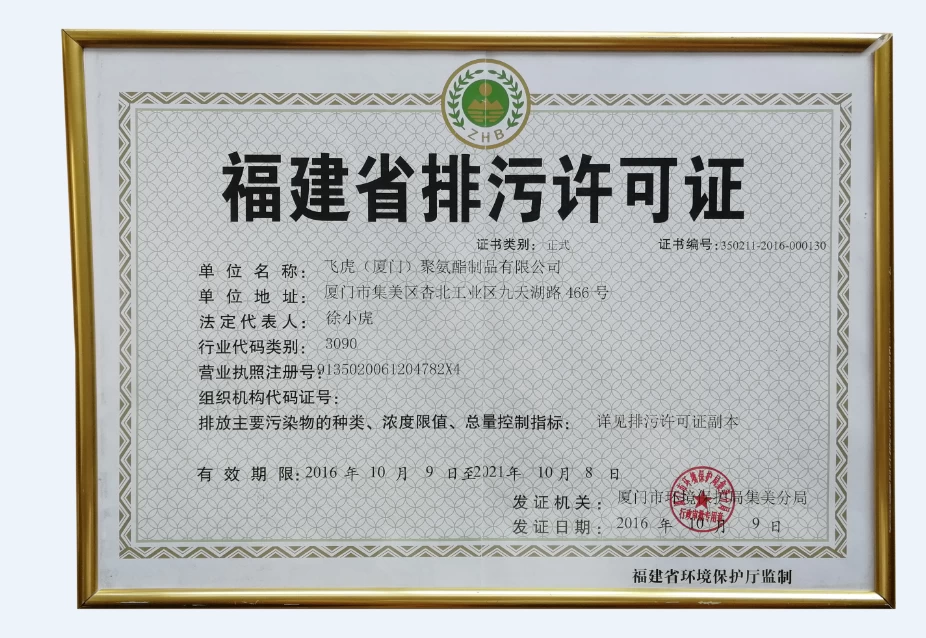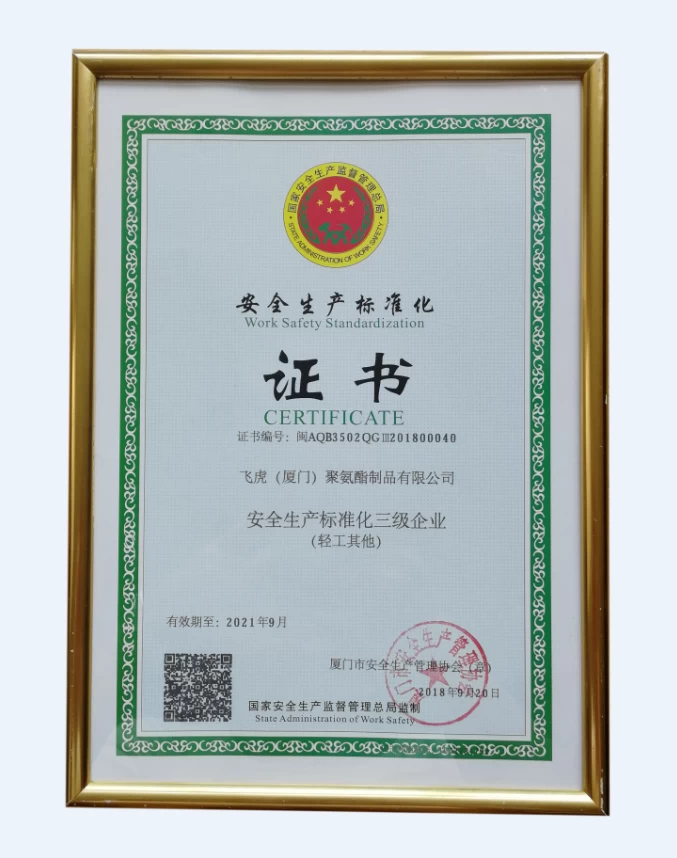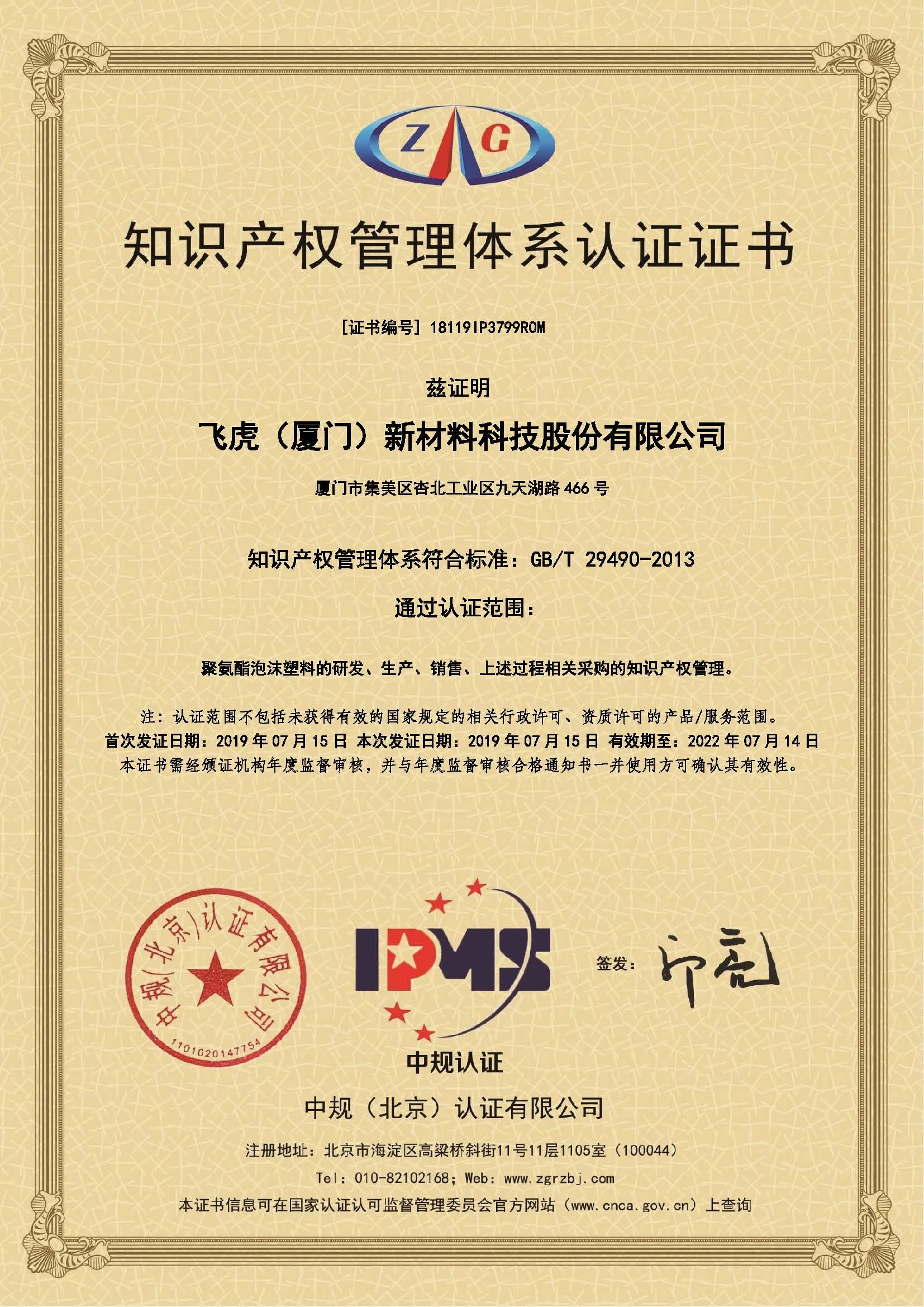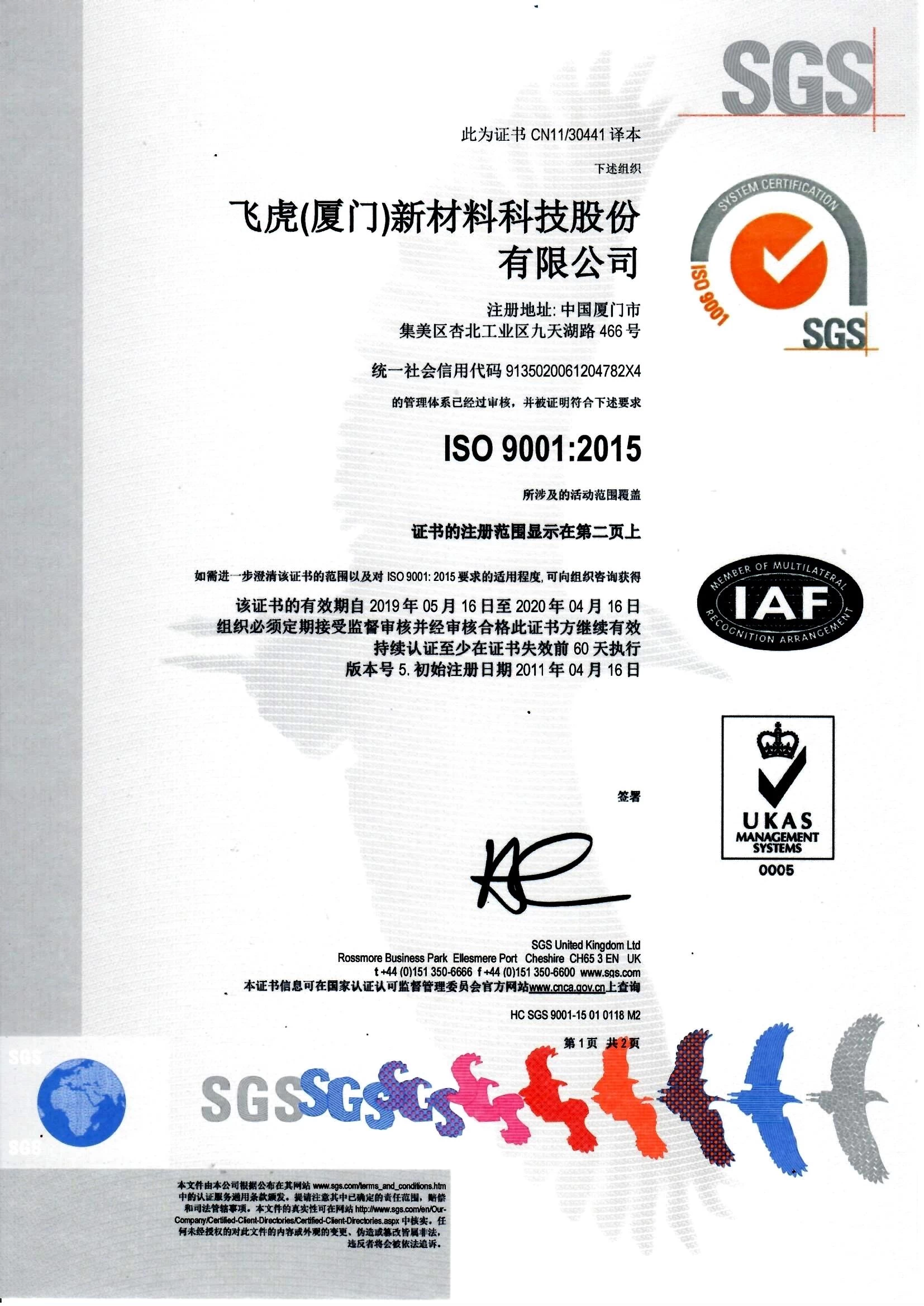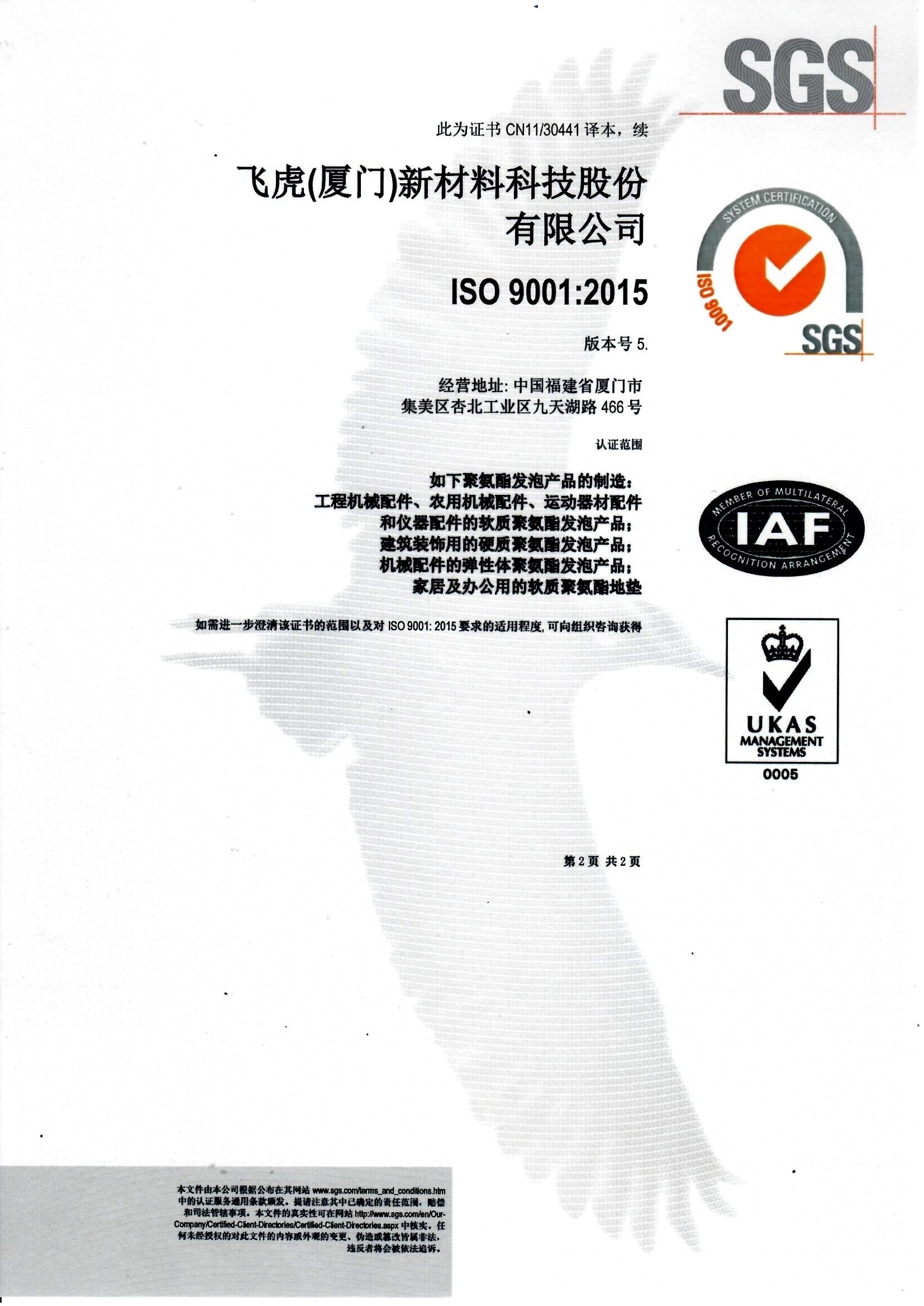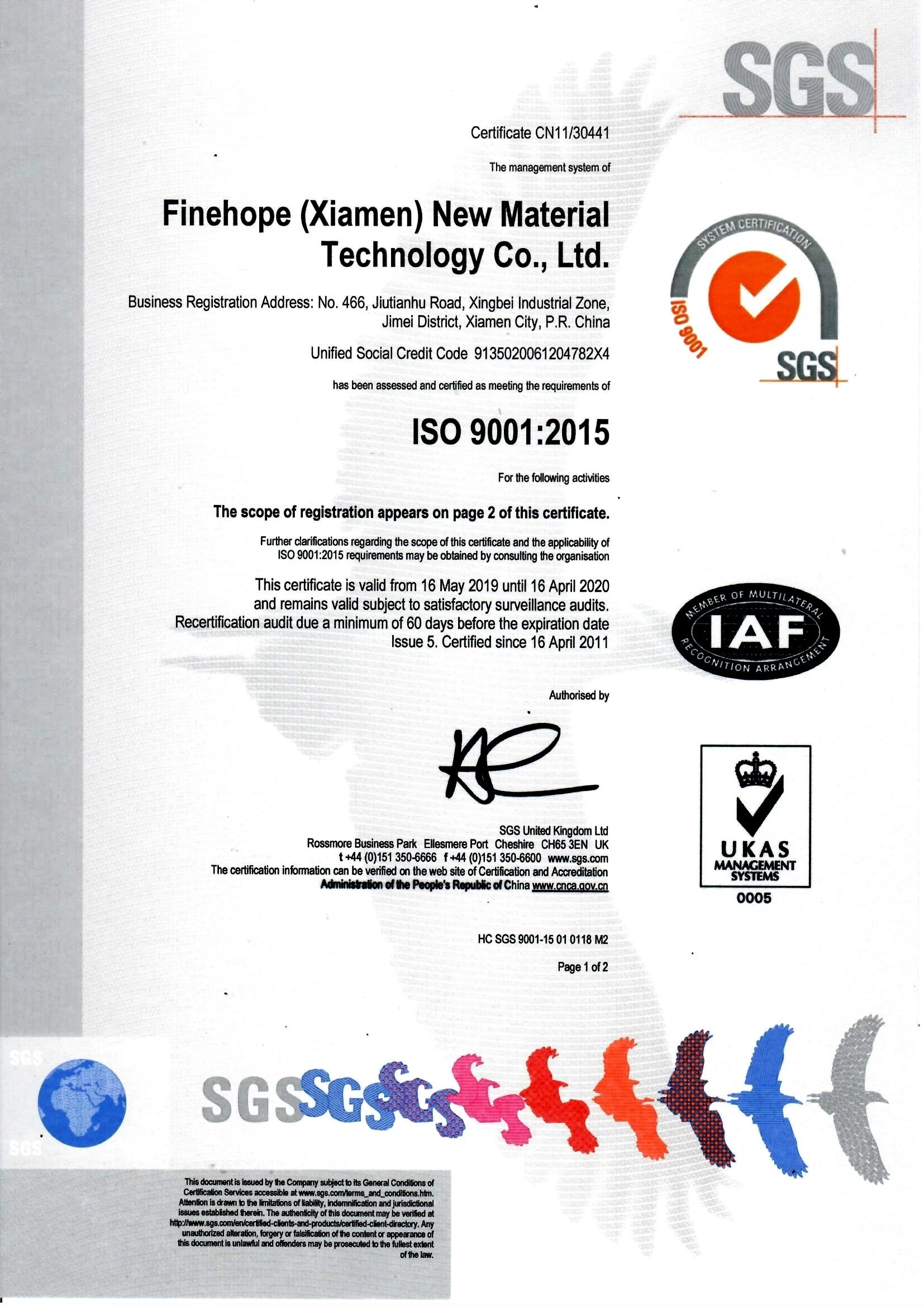How to deal with the pressure of decision making when faced with major decision making
For anyone who thinks of themselves as a leader — or an effective manager of their career — accepting a degree of fear when faced with high-stakes decisions may be necessary.
Therese Huston, author of a new book about decision-making, urges those who suffer when indecision takes over that they should try to enjoy it.
Tell yourself this isn’t anxiety, this is excitement, she says.
Research shows that facing these workplace dilemmas with relish is better than trying to be calm.
Forcing yourself to think about a high-pressure situation as an exciting challenge enables you to screen out the negative judgments of others and focus.
If you’re not seeing threats everywhere, then you’ll make better decisions, says Ms Huston, a cognitive psychologist who advises companies on how to improve their decision-making.
In How Women Decide, which contains advice for everyone, she draws on research from Alison Wood Brooks of Harvard Business School, who found that trying to calm down can be counterproductive.
Studying performance anxiety, Ms Wood Brooks discovered that reappraising stress as excitement can boost results.
And the stress brought on by a dilemma needs to be tackled, for the sake of making good and balanced decisions.
An anxious state, Ms Wood Brooks says, is marked by a feeling of loss of control that can skew judgment.
Natalia Karelaia, associate professor of decision sciences at Insead, has examined whether mindfulness could improve professional and career choices, because, as she puts it, errors are partly due to the daunting difficulty of decision-making.
Developing greater awareness of thoughts and emotions as we face a hard choice can, she suggests in a recent paper, help eliminate biases and impulsive reactions, improve judgment and reduce regrets.
Ms Huston recommends actively seeking evidence that challenges your preferred path of action, to make sure you anticipate problems in advance.
And always explore other options when facing a choice, rather than obsessing about a yes versus no — a binary choice with risks attached piles on the pressure, and often fails to get to the heart of the dilemma, says Ms Huston.
Pause and introduce another alternative.
So to ‘Should I take this job or not?’, you might add, ‘or stay where I am but ask for a new role?’
Studies of companies show, Ms Huston writes, that decisions based on a simple two-way choice turned out to be more problematic half of the time.
Considering more than two options resulted in a more positive verdict on the decision a year or so later.
Ms Huston advises practising the art of generating more than one option in everyday choices when you are calm and relaxed.
Make it a habit, she suggests, because when you are stressed, you usually want to move quickly from ‘What am I going to do?’ to ‘At least I’m doing something’.
Related news:
- Polyurethane best anti fatigue floor mats antifatigue kitchen mats, anti slip stair mats anti slip mats for stairs, anti slip mat for kitchen
- Polyurethane no slip bath mat non skid mat floor foam mats cushioned kitchen mats cushion mat
- wrought iron balcony balustrade.exterior balustrades.terrace balustrade.iron balustrade
- balustrades for sale.balustrade outdoor.stainless steel balustrade.decorative balustrade
- baluster mold,stair baluster,railing baluster,balcony baluster




